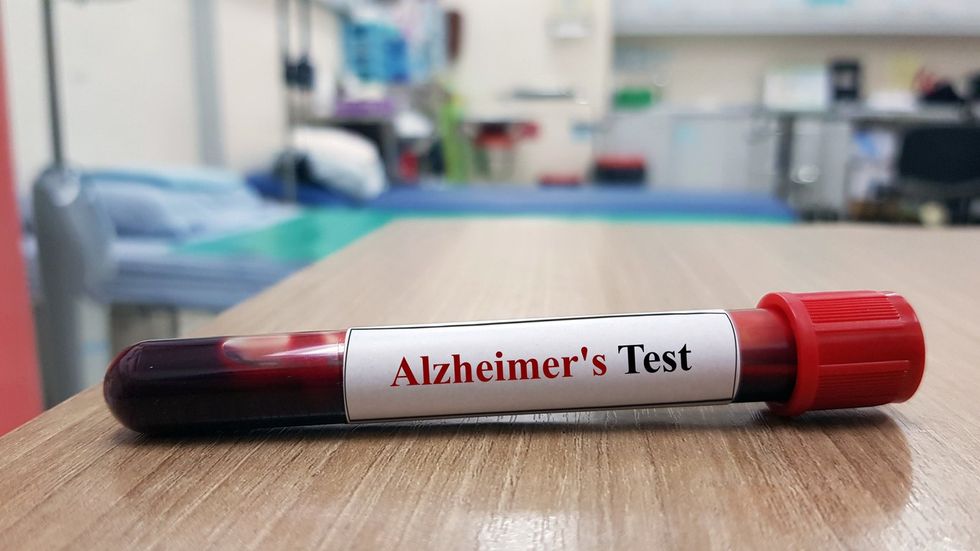
June is Alzheimer’s and Brain Awareness Month.
Alzheimer’s disease is a devastating condition that can strip away memories, personalities, and basic functions. Shockingly, almost two-thirds of individuals with Alzheimer’s are women or people assigned female at birth.
However, there is hopeful news in the realm of Alzheimer’s screening. Blood tests are now available to assess the risk of developing the disease, and you can undergo one now. But is it necessary?
Take our quiz: How Much Do You Know About Alzheimer’s Disease? >>
Blood test for Alzheimer’s
There are advanced blood tests available that can detect markers of Alzheimer’s disease, such as beta-amyloid and phosphorylated tau proteins. These tests show promising results in assessing Alzheimer’s risk levels.
Research has shown that blood tests for p-tau proteins can accurately identify elevated levels associated with Alzheimer’s. This method is as effective as current diagnostic procedures involving spinal taps and brain scans, offering a less invasive option for screening.
The ability to measure protein level changes years before symptoms appear is a significant advancement, raising hope for early detection and routine screening in the future.
While p-tau tests are still in the research phase, beta-amyloid blood tests can serve as a risk assessment tool. Talk to your healthcare provider to determine if these tests are suitable for you.
Should you get a blood test for Alzheimer’s disease?
It’s crucial to understand that these tests indicate risk, not a diagnosis of Alzheimer’s. They are not FDA-approved or covered by health insurance yet. Despite concerns about accuracy, these tests can lead to further evaluation.
Currently, a combination of imaging, memory tests, and biomarkers is required for an Alzheimer’s diagnosis. Multiple diagnostic tests together provide the most accurate results and guide treatment decisions.
While progress has been made in Alzheimer’s research, a cure remains elusive. We eagerly anticipate more treatment options and solutions for this complex disease.
From Your Site Articles
Related Articles Around the Web





